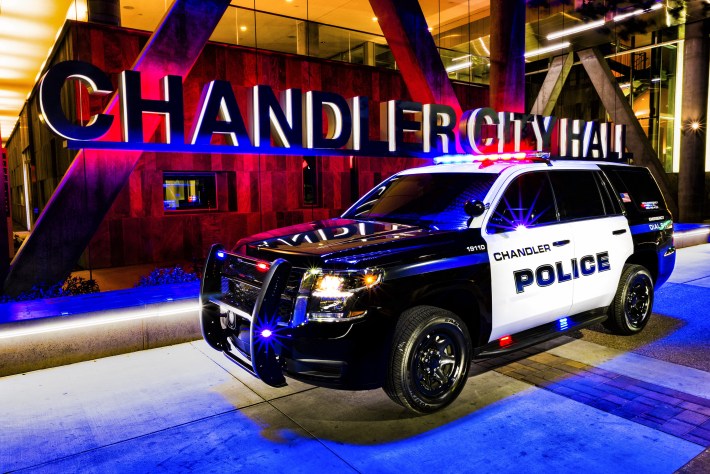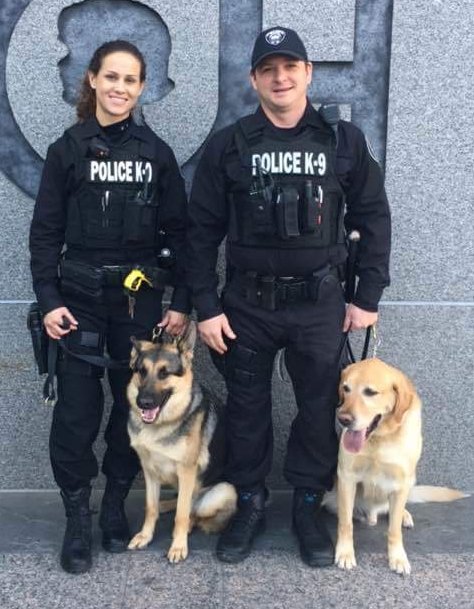
More and more police officers are leaving the field before retirement. There’s a nationwide decrease in recruits. The bottom line is fewer officers. Arizona is among those states facing a workforce crisis that experts say could leave communities vulnerable.
Consequently, Windom Security, a Scottsdale-based, private-security company, is partnering with Valley law-enforcement agencies — including Chandler and Tempe police, Arizona State University and Maricopa County Sheriff ’s Office — in the Pathway to Law Enforcement Career Fair, 11 a.m.-3 p.m. on Saturday, April 3, at 5.11 Tactical, 2036 E. Thomas Road in Phoenix.
The timing, says Detective George F. Arias of the Chandler Police Department Professional Standards section, is particularly good right now. The welcome mat is out for applicants.
Applicants need not wait for the job fair. The Chandler and Tempe departments’ recruiting process is now open. Information is available at chandlerpd.com/careers or at tempe.gov/government/police/join-tempe-pd.
“If an individual wishes to make a difference and provide a safe community where people can live, work and thrive, there is no better way to do so than serving as a police officer,” Arias said.
Arias says that prospects from all walks of life are invited to the job fair and to consider a career in law enforcement.
“We make every effort to recruit qualified, diverse applicants, which has allowed us to build and maintain a strong relationship with our community,” Arias said. “We strongly encourage all potential applicants who want a rewarding career to apply.”
Jobs in law enforcement are never routine, Arias says.

“Every day in the life of a police officer can be different, and often challenging,” Arias said. “You are the front line and the first to respond when called upon by members of the community you serve.
“It takes a person of integrity, honor and diligence to be a police officer. An officer must be someone who is always willing to do the right thing, on or off duty, which means the path to entering law enforcement is not easy.”
Chandler selects only the most-qualified candidates, according to Arias. Applicants can expect a rigorous journey to having the badge pinned on their shirts.
An applicant must be 21 by the time of academy graduation, then pass physical fitness and written tests, typically on the same day. An investigation of the applicant’s background will follow, during which all details of the applicant’s life will be reviewed, including employment, military service, finances, prior police contacts and drug use.
An investigator will conduct an extensive one-on-one interview with the applicant, usually followed by a polygraph, psychological exam, drug screen and final interview with the chief of police.
From the date of exam to the first day of the academy can be three to six months.
Once hired, Arias said, new officers become eligible for a compensation package that includes starting pay of $26.47 per hour, medical benefits, matching deferred compensation, specialty-assignment pay, and enrollment in the Public Safety Personnel Retirement System, with potential credit for prior military and police experience.
Specialty assignments, such as crimes against persons or property, SWAT and drone operator, offer opportunities for officers to develop skills and serve their community in a variety of ways, Arias said.

